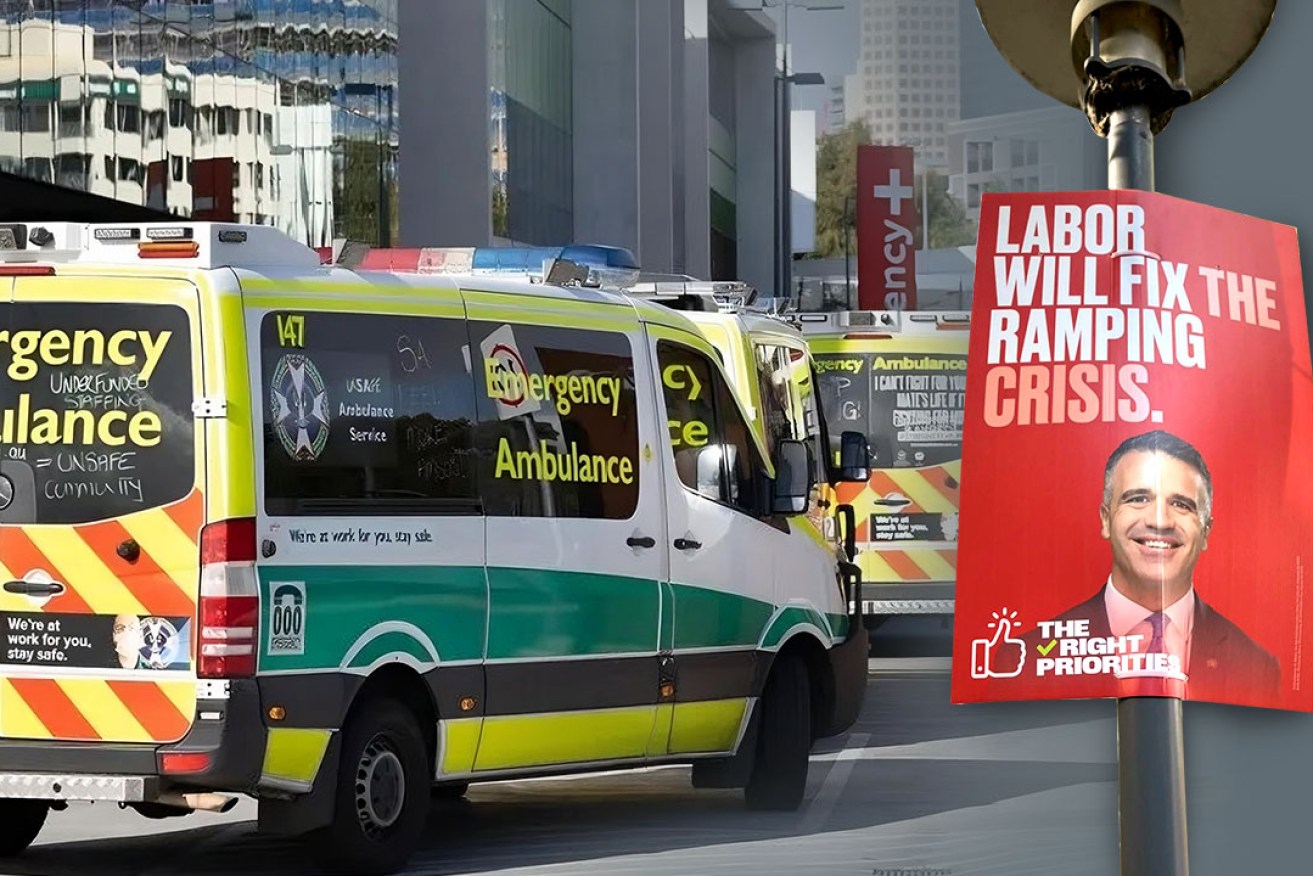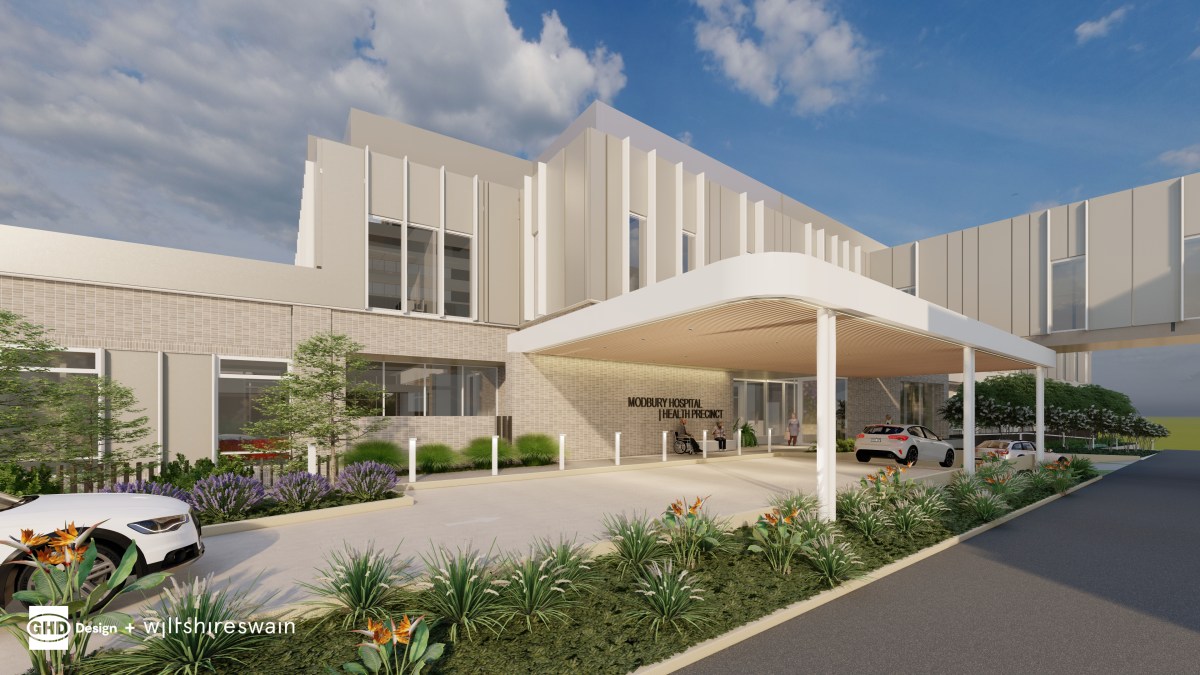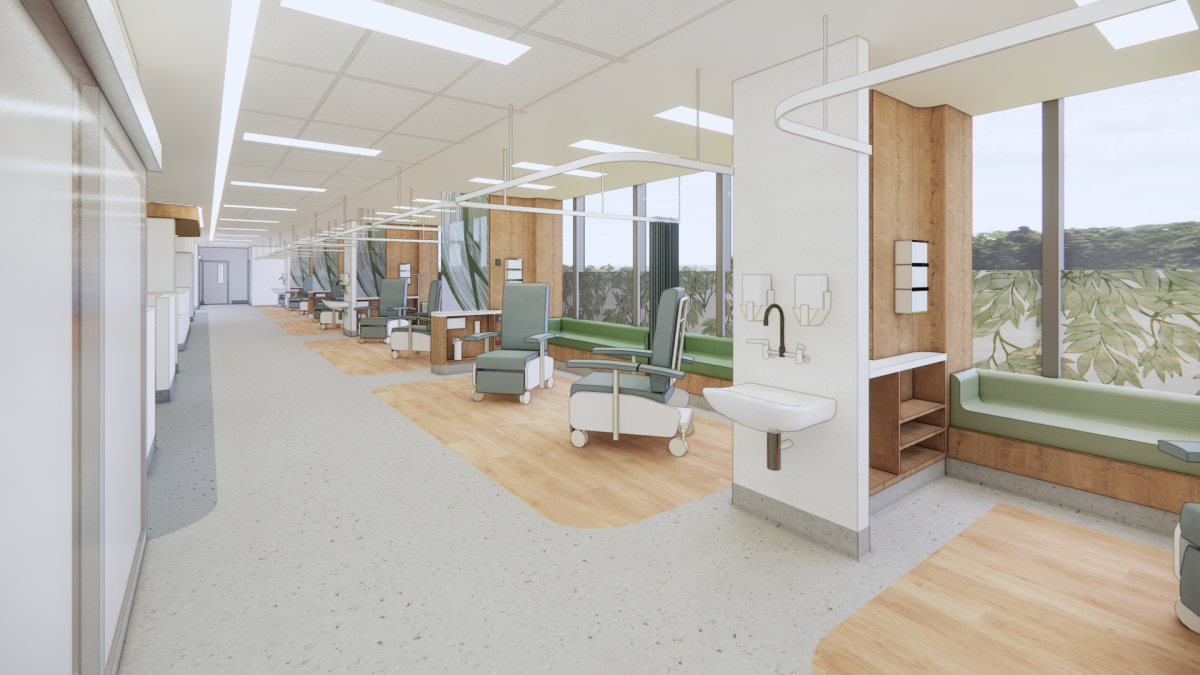Premier has no regrets about ramping pledge
Premier Peter Malinauskas says he doesn’t regret Labor’s 2022 election promise to “fix the ramping crisis”, in the wake of a man’s death after waiting 10 hours for an ambulance – but reminded South Australians that he had also said it would take a full four years.


Labor made ramping the focus of its 2022 election campaign. Left photo: Tony Lewis/InDaily; graphic design: James Taylor/InDaily
The Malinauskas Government was elected in March 2022 on a key pledge for hundreds of new hospital beds, clinicians and ambulance officers to “fix the ramping crisis”.
But the amount of time ambulances have spent ramped with patients outside hospitals has increased during Labor’s time in office, reaching a record high of 4285 hours in November – equivalent to 178 days.
Ramping declined 16 per cent in December to 3595 hours – equivalent to 149 days.
Ramping came under harsh focus last week after the paramedics’ union revealed that a Hectorville man died waiting more than 10 hours for an ambulance after making a triple-zero call on December 27.
Identified only as “Eddie”, the 54-year-old lived in a disability care facility and was assessed as requiring an ambulance response within 60 minutes.
After a 10 hour wait, his condition deteriorated. His case was then upgraded to a priority one with an ambulance arriving within four minutes, but he had died.
Malinauskas told ABC Radio Adelaide today that the tragedy was “desperately concerning”.
“The delay is there because we’ve got to get ambulances off the ramp, which is why our focus as a government has been so acute when it comes to improving ambulance response times,” he said.
“And ramping is a big variable that helps contribute to that improvement.
“But Eddie’s loss of life is very much a real-world demonstration of why this does require a lot more effort and resources.”
Asked if he regrets his election campaign pledge on ramping, the Premier said: “No.”
“Because it’s a priority that the community care about and they expect their governments to respond accordingly.
“I regret the fact… that it takes time. But I can’t change the laws of physics.
“It takes 12 months to build a house. Building additional hospital beds in an existing hospital that’s operating is exceedingly complex.
“What I take confidence from and what I’m focused on is making sure that our plans get rolled out progressively and hopefully in a way that’s on time.”
Ambulance response times for priority one and priority two callouts – requiring an ambulance within eight and 16 minutes respectively – have improved during Labor’s time in office.
The percentage of priority one callouts met on time reached 76.2 per cent in December 2023, up from around 50 per cent in the early months of the Malinauskas government.
The percentage of priority two callouts met on time also reached 64.5 per cent last month, up from around 33 per cent when Labor took office.
Labor promised before the election to lift the percentage of priority two callouts that arrive on time to 85 per cent. At a press conference on Feburary 25, 2022, Malinauskas said this would take four years to achieve.
“We really believe that with this comprehensive plan to fix the ramping crisis, we can start to see the key metric of ambulance response times improving by the end of that first term,” the then-Opposition leader said.
Malinauskas today reiterated that it would take all four years of a first term in office to fix the ramping crisis.
Asked if there would be a considerable improvement by this time next year, he said: “I certainly hope so. That’s certainly what we said from the outset.”
“And I know this gets lost in the news cycle, but I was very clear on this program prior to the election when we were specifically asked how long it would take to fix the ramping crisis and I said it was going to take a full four years.
“And that is playing out in full, tragic reality.
“It does take time to build hospital beds. We can make a decision in a budget, but then you’ve got to actually build a hospital bed in an existing facility, commission it, put online and staff it.
“Now we’ve got the staff, the beds start to come online this year, yet more next year, and we do expect that to make a material difference.”
More than 150 extra beds across the Lyell McEwin Hospital, Flinders Medical Centre, the Repat, Queen Elizabeth Hospital and Gawler Emergency Department are scheduled to be come online this year, according to the government.
Designs released for Modbury Hospital expansion

Designs released today for the Modbury Hospital expansion. Photo: supplied/SA govt
The government also today released plans for a $117 million expansion of Modbury Hospital.
The plans feature a new “state-of-the-art Mental Health precinct” holding 24 mental health rehabilitation beds and a 20-bed mental health unit for people over the age of 65.
Cancer services will also return to Modbury Hospital with a new cancer centre on a dedicated floor. This will include 12 chemotherapy chairs and seven outpatient consulting rooms.

The interior of the Modbury Hospital expansion. Photo: supplied/SA govt
There will also be a new five-storey car park with more than 300 parking spaces.
The car park is scheduled for completion in September 2025 and the hospital expansion in December 2025.
Health Minister Chris Picton said adding more mental health beds and facilities was a key part of addressing ramping.
“We know that people having mental health conditions can get stuck in emergency departments, often for days, which obviously is an awful outcome for people experiencing mental health distress,” he said.
“But it’s also a bad outcome for the system as a whole because we need those beds for other people coming through the system.
“This is why, above odds, we are building additional mental health beds across the system.”
Picton, who has been on paternity leave, also faced questions for the first time about Eddie’s fatal wait for an ambulance.
The Health Minister said he was “incredibly shocked and heartbroken” by the death.
“Obviously, the standard of waiting 10 hours for an ambulance is not the standard any of us want in our ambulance service,” he said.
“I do note that when it did get upgraded to a priority one an ambulance was able to arrive within four minutes, but obviously we need to review what happened prior to that.”
Picton said December 27 was a “particularly busy day” across the health system which led to “significant ramping”.
“While we have seen improvements in ambulance response times to the point that the ambulance response times at the moment are the best that they’ve been in the past three years, we know that there’s still a long way to go,” he said.
“And a critical part of that is reducing ramping, but to do that you can’t just do one thing – you’ve got to do about 100 things altogether.”




